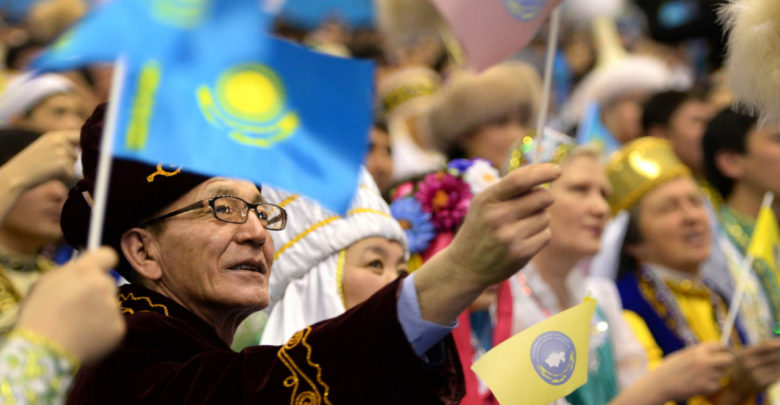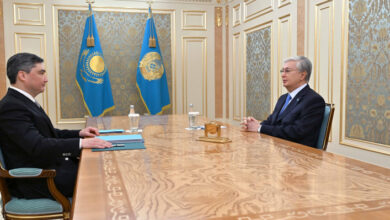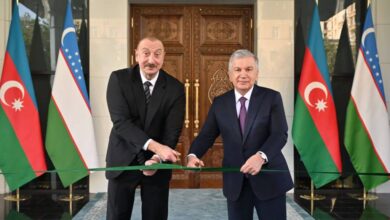Rules Developed for Determining Kazakh Nationality of Kandas Applicants
The Ministry of Labor has established new rules for determining the Kazakh nationality of individuals applying for Kandas status and citizenship of Kazakhstan through a simplified process, particularly in cases where there is no relevant entry in their identity documents.

Applications to establish Kazakh nationality for Kandas status and citizenship can be submitted through the “Migration.enbek.kz” portal, the Kutty Meken mobile application, local social protection and employment offices, or Kazakhstan’s foreign institutions.
A commission formed by the local executive body will assess the applicants’ Kazakh nationality. This commission includes representatives from local migration, education, culture, internal policy, national security, and internal affairs agencies, as well as non-governmental organizations, experts in Kazakh language and history, and public associations concerned with ethnic Kazakhs.
Upon receiving an application, the local social protection and employment office forwards it with accompanying documents to the commission via the AIS “Candas” system for review within one working day.
The commission follows this process to determine the applicant’s Kazakh nationality:
- Review of documents other than identity documents that confirm Kazakh nationality.
- Conduct an interview in person or online to assess knowledge of the Kazakh language, traditions, customs, culture, kinship, and other factors that identify someone as an ethnic Kazakh.
- Analyze and evaluate the gathered information.
- Make a decision.
Applicants must submit various documents to the local social protection and employment office, such as their birth certificate, parents’ birth certificates, archival certificates of ancestral residence in Kazakhstan, and marriage certificates, if applicable.
If there is a difference in the parents’ nationalities, the applicant determines and indicates their nationality according to paragraph 2 of Article 65 of the Code of the Republic of Kazakhstan “On Marriage (Matrimony) and Family.”
The commission votes openly to recommend either the approval or rejection of the applicant’s Kazakh nationality, requiring a two-thirds majority of those present for a positive decision. Based on the commission’s recommendation, the local executive body makes a final decision within three working days and communicates it to the applicant via the “Migration.enbek.kz” portal, the Kutty Meken mobile application, or directly.
If new circumstances or supporting documents emerge, the applicant can reapply.
Grounds for refusal include:
- Inconsistency of submitted documents.
- Unreliability of documents or information provided.
- Presence of compromising information about offenses committed in Kazakhstan or affiliations with terrorist/extremist organizations.
- Lack of consent to access restricted personal data.
- Negative results from a molecular genetic examination (ethnic test).
Commission meetings occur as needed, but at least quarterly.
The rules also outline the procedure for molecular genetic examinations (ethnic tests), which may be recommended by the commission or required if the applicant lacks necessary documents. The applicant bears the cost of this examination, which must be conducted by an accredited organization in Kazakhstan. The commission considers the test results before making a final recommendation.
The draft document is available on the Open NPAs website for public discussion until June 12.
Previously, it was reported that a new function would be added to the Ministry of Labor and Social Protection of the Population: developing and approving rules for determining the Kazakh nationality of individuals applying for Kandas status and citizenship of Kazakhstan through a simplified process.



